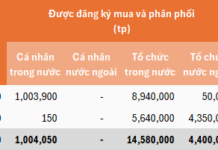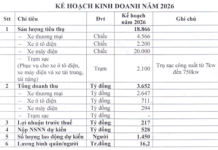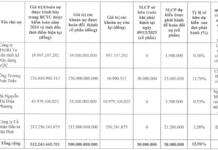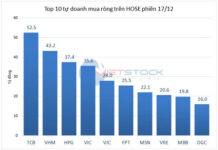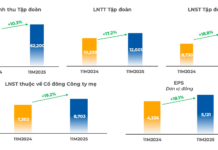The salary policy for civil servants is an issue of concern for local authorities, who have reflected and proposed suggestions to the Ministry of Home Affairs.
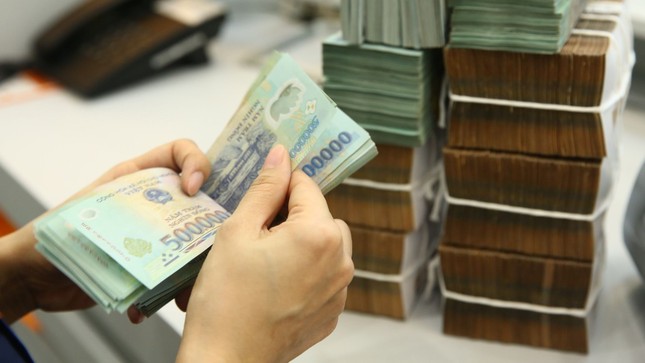
Salary increases for civil servants are based on their performance and achievements (Illustrative image)
Regarding salary and bonus schemes for civil servants, Ha Tinh and Nghe An provinces have requested the Ministry of Home Affairs to provide guidance on the authority and form of issuing regulations on bonus schemes. They also seek clarification on whether the bonus fund includes labor contracts as stipulated in Decree No. 111/2022/ND-CP, which is currently applying the salary scale according to Decree No. 204/2004/ND-CP.
In response, the Ministry of Home Affairs clarified that according to Clause 2, Article 4 of Decree No. 73, the heads of agencies and units managing civil servants are responsible for developing specific regulations to implement bonus schemes for individuals on the salary list of their respective agencies or units.
Additionally, the heads of agencies and units are responsible for sending these regulations to their direct managing authorities for supervision and implementation, ensuring transparency within the agency or unit.
Regarding bonuses, Clause 4, Article 4 of the aforementioned Decree states that the annual bonus fund is determined as 10% of the total salary fund (excluding allowances) based on positions, ranks, levels, and military ranks of individuals on the salary list of the agency or unit.
When can civil servants receive an early salary increase?
Binh Phuoc Province has requested the Ministry of Home Affairs for guidance on preferential allowances, hazardous allowances, and other benefits for public employees who are seconded to state administrative agencies. They also seek clarification on the achievements required for an early salary increase.
According to the Ministry of Home Affairs, the allowances for public employees seconded to state administrative agencies are governed by Article 27 of Decree No. 115 of the Government, which details the recruitment, employment, and management of public employees (as amended and supplemented by Decree No. 85 of the Government). Hazardous allowances for civil servants and public employees are stipulated in Circular No. 07 of the Minister of Home Affairs and are calculated based on the actual time spent working in hazardous and dangerous conditions. These allowances are paid along with the monthly salary.
Preferential allowances for public employees are implemented according to legal documents regulating preferential allowances for specific sectors, such as healthcare, education, forest rangers, plant protection, veterinary, and dike management, as stated by the Ministry of Home Affairs.
Regarding achievements for early salary increases, the Ministry of Home Affairs referred to Circular No. 08 of the Minister of Home Affairs, which provides detailed guidance on implementing regular salary increases and early salary increases for civil servants, public employees, and laborers. Specifically, Circular 08 sets out the criteria and levels of outstanding achievements in task performance and the corresponding time frames for early salary increases.
These regulations are determined through discussions between the head of the agency or unit and the Party committee and the Executive Committee of the trade union at the same level. They are then specified in the agency or unit’s regulations on early salary increases. Therefore, in addition to the provisions of Circular 08, early salary increases for civil servants, public employees, and laborers also depend on the regulations of the agency or unit, specifically based on the levels of achievements stipulated in those regulations.











